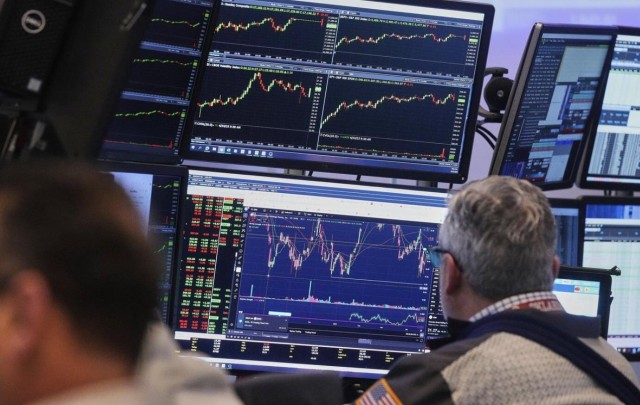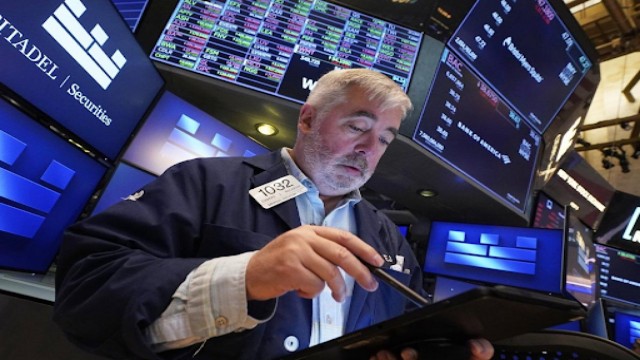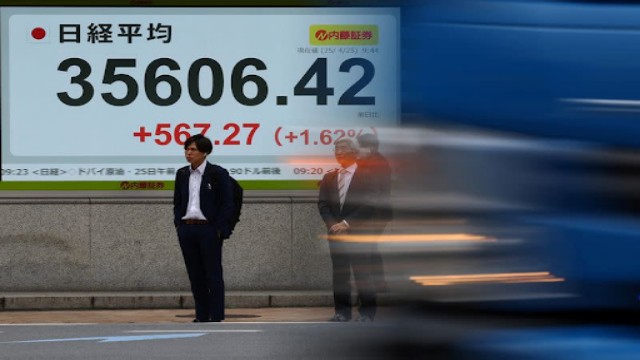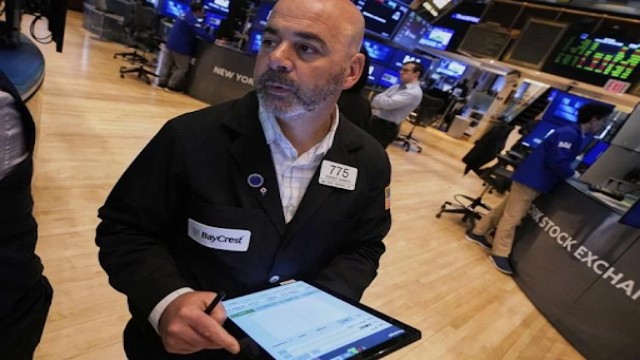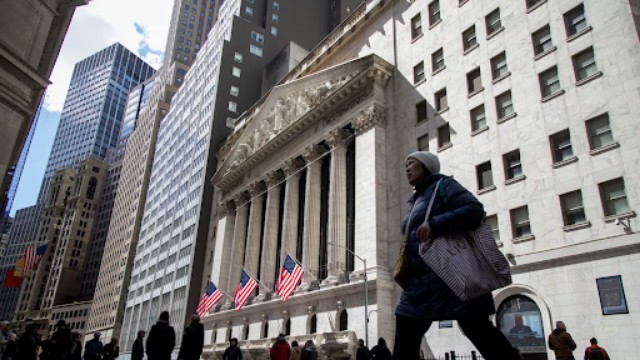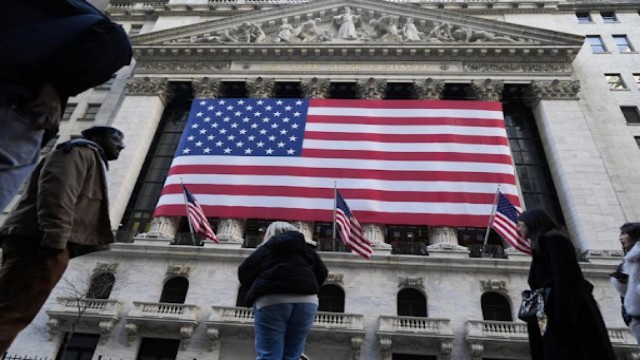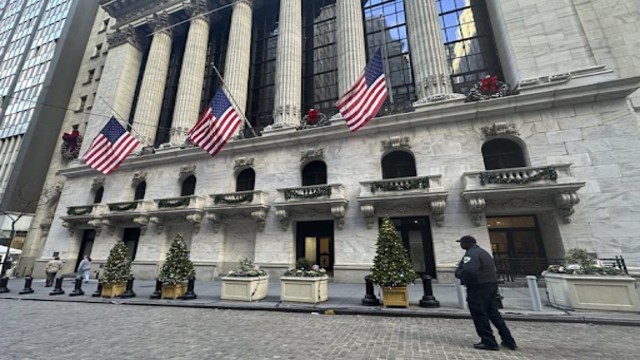
The New York Stock Exchange in New York City’s Financial District lowered its American flags to half-staff on December 31, 2024, as a tribute to former U.S. President Jimmy Carter, who recently passed away. This gesture was a mark of respect and mourning for the late leader. (AP Photo/Peter Morgan)
Asian markets showed a mixed performance on Tuesday, mirroring Wall Street’s fluctuating trend. Gains in oil and gas stocks partially offset declines in major tech companies like Nvidia and Meta. The mixed results left investors pondering the implications for the global economy.
Japan’s Nikkei 225 fell sharply, dropping 1.8% to 38,469.58 after reopening from a holiday. Meanwhile, Australia’s S&P/ASX 200 inched up 0.4% to 8,220.50, and South Korea’s Kospi remained nearly flat, slipping less than 0.1% to 2,489.33. On the brighter side, Hong Kong’s Hang Seng jumped 1.5% to 19,163.92, while China’s Shanghai Composite surged 2.2% to 3,229.99, bolstered by optimism about local economic indicators.
In Japan, markets responded to last week’s global sell-offs. However, news of a 54.5% rise in Japan’s current account surplus in November, amounting to 3.4 trillion yen ($21 billion), highlighted the nation's strong trade and investment position.
On Wall Street, the S&P 500 rose 0.2% after earlier declines, supported by oil and gas sector gains. The Dow Jones Industrial Average climbed 0.9%, adding 358 points, while the Nasdaq composite slid 0.4%, weighed down by Big Tech. Nvidia’s stock fell 2%, continuing a turbulent period after massive gains driven by AI technology. Other tech giants like Apple and Meta Platforms also struggled, with drops of 1% and 1.2%, respectively.
Moderna faced a steep 16.8% drop after a disappointing revenue forecast, reflecting slowing COVID-19 vaccine sales. Similarly, Macy’s fell 8.1%, citing lower-than-expected revenue. Edison International plunged 11.9% as ongoing wildfires in Southern California raised concerns about the company’s involvement and liabilities.
In contrast, the energy sector provided a glimmer of hope. U.S. crude oil prices rose 2.9% to $78.82 per barrel on Monday, while Brent crude climbed to $81.01. Exxon Mobil gained 2.6%, and Valero Energy soared 4.9%, reflecting strong market confidence in energy stocks amid expanded U.S. sanctions on Russia.
U.S. Steel rose 6.1% after the Biden administration extended its deadline for divesting its proposed acquisition by Nippon Steel. In pharmaceutical news, Intra-Cellular Therapies surged 34.1% after Johnson & Johnson announced plans to acquire the company for $132 per share, boosting Johnson & Johnson shares by 1.7%.
Bond markets, which heavily influence stock activity, saw Treasury yields edge higher. The 10-year Treasury yield rose to 4.78% from 4.76% on Friday, maintaining a month-long upward trend. Rising yields often pressure stock prices or require stronger corporate earnings to maintain valuations.
In currency trading, the dollar gained slightly, rising to 157.70 yen from 157.26 yen. The euro fell marginally to $1.0255 from $1.0274, reflecting cautious market sentiment.


